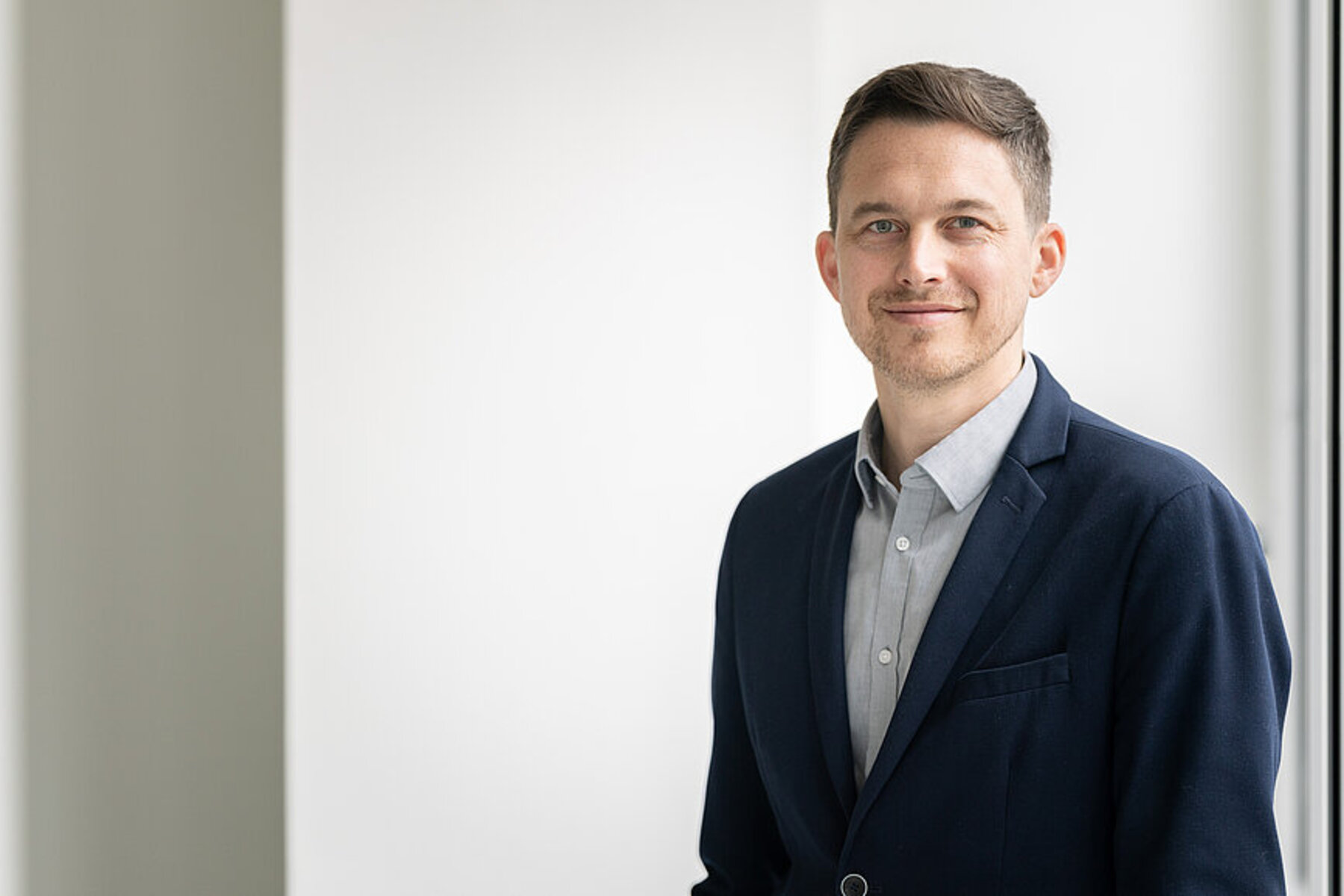In a now published Perspective in Molecular Cell (link to paper), scientists from six leading European research institutions, Goethe University Frankfurt, IRB Barcelona, CeMM and AITHYRA in Vienna, the University of Dundee, and EPFL Lausanne, propose the creation of a European Alliance to accelerate the development of proximity-induced drug modalities. These therapeutic approaches aim to harness the concept of bringing molecules into close proximity to target disease-relevant proteins, many of which are currently considered undruggable.
In Austria, Georg Winter drives the development of this revolutionary class of drugs at CeMM and AITHYRA. His lab developed and applied methods for target protein degradation with the ultimate goal of understanding and disrupting oncogenic transcriptional circuits. The Winter lab has a strong focus on discovering principles of molecular glue degrader mechanisms by connecting high-throughput biology and biochemical reconstitutions with data science and AI. Moving ahead, his lab will additionally also focus on directly rewiring transcription factors—key regulators of gene activity that are typically inaccessible to conventional drugs and rarely considered therapeutic targets. Winter’s work on proximity-inducing pharmacologic strategies was supported by an ERC Starting and ERC Consolidator Grant (ongoing), and has been recognized by multiple international awards.
“Europe has a unique opportunity to bring together the creativity of academic research, the precision of innovative methods, and the experience of industry,” says Georg Winter, AITHYRA Director and CeMM Adjunct PI. “By joining forces in a dedicated alliance, we can build the structures needed to turn emerging scientific ideas into real therapeutic advances more rapidly.”
Key points:
- Revolutionary therapeutics: Proximity-inducing drugs such as PROTACs and molecular glue degraders can remove disease-causing proteins opening new possibilities for previously “undruggable” targets.
- A European powerhouse ready to unite: Leading academic hubs in Frankfurt, Barcelona, Dundee, Lausanne, and Vienna bring world-class expertise and aim for coordinated collaboration among academic institutions and with industry to fully realize their potential.
- A call to action: Authors urge the formation of a global academic–industry alliance to share resources, accelerate early-stage drug discovery, and train the next generation of scientists, ensuring faster translation of breakthroughs to the clinic.
